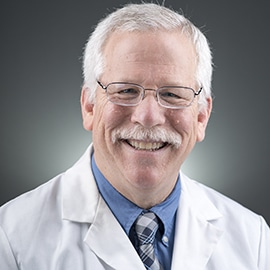
Those with migraines know the headaches can be debilitating, slow their productivity and hurt their quality of life. About 28 million Americans suffer from migraines so they are not alone. One in four households has at least one migraine sufferer.
These migraines can last for two to 72 hours and include throbbing pain so managing them effectively is critical to reducing the severity.
Symptoms of migraines include:
- Usually occur on one side
- Moderate or severe pain
- Throbbing pain
- Pain aggravated by routine activity
- Nausea or vomiting
- Aversion to light or sound
A person might meet the criteria for a migraine if they check three of these and should check with their doctor for proper diagnosis and treatment.
These headaches must be taken seriously since depression and anxiety are twice as high in those with migraines, according to the American Migraine Prevalence and Prevention Study in 2012. They can be disabling and lead to missed work and school. They are also three times more common in women.
Those who believe they suffer from migraines should start by talking to their primary care physician or pediatrician. Their physician might need to refer the patient to a neurologist or a headache specialist, such as UofL Physicians – Comprehensive Headache Program. Find more information about the first headache treatment program in Kentucky here.
There are medications that can be taken during migraines to stop the attack and preventative medications to curb the occurrence and strength of future headaches. Many patients will need both. An over-the-counter anti-inflammatory helps some people respond to an attack.
The patient and doctor can determine the best route depending on the severity and how often the migraines occur. Taking a preventative treatment will not cure migraines but could drastically reduce how often they happen.
Specific triggers or stimuli can lead to the migraines so lifestyle is a significant factor with migraines, both in the cause and the effort to curb them.
Some helpful lifestyle changes include:
- Limiting caffeine and other triggers
- Reducing stress
- Exercising regularly
- Regular sleep
- Counseling or psychotherapy
- Relaxation
- Not skipping meals
The patient should monitor and tell their doctor how often the headaches occur, the severity, other symptoms, whether others in their immediate family have similar headaches (migraines can be hereditary), what could cause the headache such as stress, missed meals, lack of sleep or alcohol (red wine is often a trigger), and what medications they are taking.
To help their doctor, people can also keep a headache diary to record the frequency and severity, their medications and how their body responds. You can download a diary from the National Headache Foundation here.









